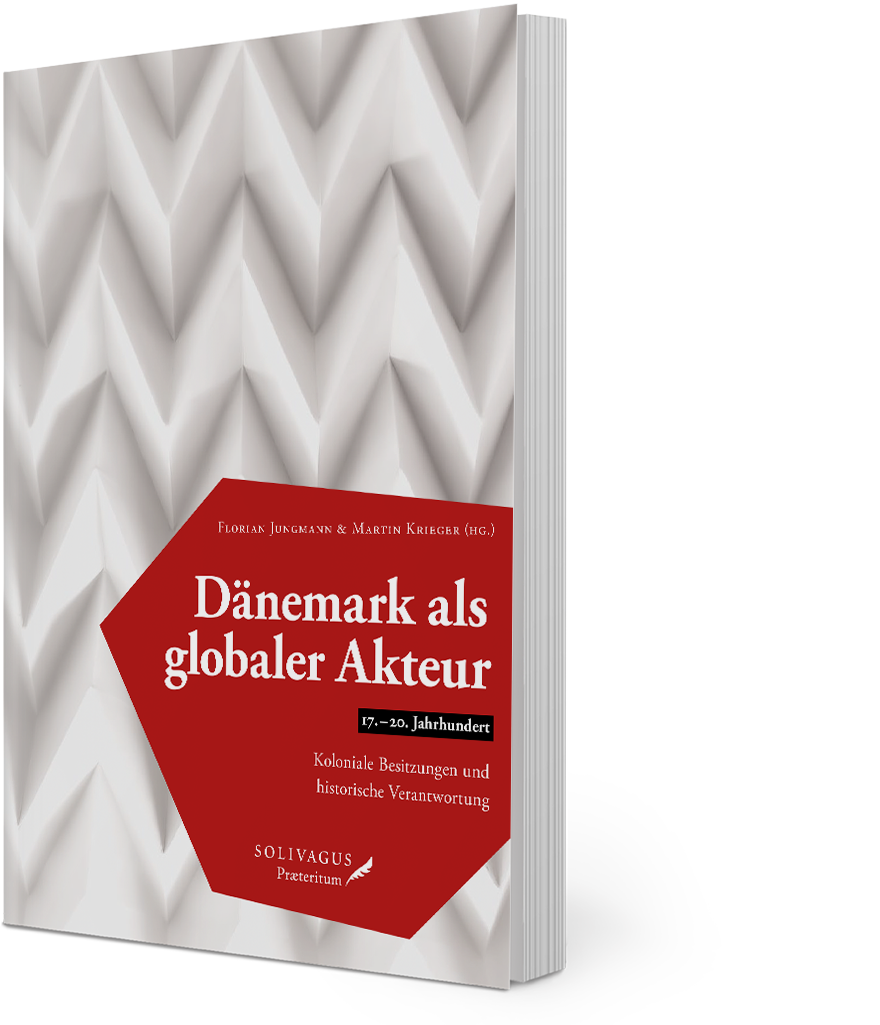Traumas of 1066 in the literatures of England, Normandy, and Scandinavia
1066 is one of the most well-known dates in English history: but how far do we understand the mental and emotional lives of those who experienced it? In just over a month, England was rocked by two separate invasions, multiple pitched battles, and the deaths of thousands. The repercussions of these traumatic events would echo through the history and literature of northern Europe for centuries to come.
Drawing on studies of trauma and cultural memory, this book examines the cultural repercussions of the year 1066 in medieval England, Normandy, and Scandinavia. It explores how writers in all three regions celebrated their common heritage and mourned the wars that brought them into conflict. Bringing together texts from an array of languages, genres, and cultural traditions, this study examines the strategies medieval authors employed to work through the traumas of 1066, narrating its events and experiences in different forms. It explores the ways in which history and memory interacted through multiple generations of writers and readers, and reveals how the field of trauma studies can help us better understand the mental and emotional lives of medieval people.
zum Buch im ULB-KatalogPlus
zum Buch auf der Verlags-Website
Dänemark als globaler Akteur (17.–20. Jahrhundert): Koloniale Besitzungen und historische Verantwortung
 Zwischen dem 17. und 20. Jahrhundert besaß Dänemark Kolonien in Indien, der Karibik, an der afrikanischen Westküste sowie im Nordatlantik. Spätestens seit dem Verlust Schleswig-Holsteins 1864 verortete sich Dänemark jedoch als national homogener Kleinstaat und die Erinnerungen an eine imperiale Vergangenheit sowie die Beteiligung am Sklavenhandel verblassten. Erst in jüngerer Zeit griff die Geschichtswissenschaft diesen wesentlichen Aspekt nordeuropäischer Geschichte auf.
Zwischen dem 17. und 20. Jahrhundert besaß Dänemark Kolonien in Indien, der Karibik, an der afrikanischen Westküste sowie im Nordatlantik. Spätestens seit dem Verlust Schleswig-Holsteins 1864 verortete sich Dänemark jedoch als national homogener Kleinstaat und die Erinnerungen an eine imperiale Vergangenheit sowie die Beteiligung am Sklavenhandel verblassten. Erst in jüngerer Zeit griff die Geschichtswissenschaft diesen wesentlichen Aspekt nordeuropäischer Geschichte auf.
Der vorliegende Band liefert einen Einblick in die Kolonialgeschichte Dänemarks und beleuchtet dabei globale Handelsstrukturen, politische Entwicklungen, Mission und Wissenstransfers. Ebenso wirft er die Frage nach heutiger Verantwortung gegenüber den einst Beherrschten und den Möglichkeiten der Bewahrung des materiellen Kulturerbes in Übersee auf.
Der globale und interdisziplinäre Ansatz des Bandes spiegelt sich auch in der Autorenschaft wider. So konnten Verfasserinnen und Verfasser aus Dänemark, Island, Deutschland, Indien und Ghana gewonnen werden.
zum Buch im ULB-KatalogPlus
zum Buch auf der Verlags-Website
